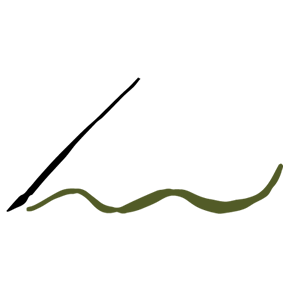Gasoline. Matches. Tinder. How to Set Fire to Our Stories
During our week together, we will gather the dried grass and twigs–the basics of a tale. With themes and metaphors, we’ll produce sparks, maybe even coax a few flames. But our instinct will be to protect those flames, to contain them within a secure setting so they can’t get too big, or generate too much force. Which is great, if we were building campfires–especially in the arid West. But on the page, our goal is to let the story burn across the topographical highs and lows–so much that it creates its own weather. To this end, we will learn to craft details–to see the glow, feel the heat, smell the smoke, taste the falling ash–so our scenes flare with details that leave sweat and smudge on our readers. We will dramatize the top story–the most obvious part, the spectacle, that moves through tree crowns. But we will also imply the understory–the part of the fire burns out of sight, beneath the forest canopy–the place from which the emotional heat rises as subtext. To these ends, we’ll lean into language and landscape. We’ll gather and arrange the raw elements of craft to create narrative that is both intimate and incendiary. We will singe the pages of notebooks and field journals in the process. That’s okay. Because the stories that burn bright are the stories that change the world.
Amy Irvine
Amy Irvine is a sixth-generation Utahan and long-time public lands activist. Her work has been published in Orion, Pacific Standard, High Desert Journal, Climbing, Triquarterly, and other publications. Her memoir, Trespass: Living at the Edge of the Promised Land, received the Orion Book Award, the Ellen Meloy Desert Writers Award and Colorado Book Award. Her essay ”Spectral Light,” was a finalist for the Pen Award in Journalism, and her essay, “Conflagrations: Motherhood, Madness and a Planet on Fire” appeared among the 2017 Best American Essays’ list of Notables. Irvine’s first book, Making A Difference: Stories of How Our Outdoor Industry and Individuals are Working to Preserve America’s Natural Places,’ was one of three books featured in the Washington Post for Earth Day 2002. Irvine teaches in the Mountainview Low-Residency MFA Program of Southern New Hampshire University. She lives and writes on a remote mesa in southwest Colorado, just spitting distance from her Utah homeland.

